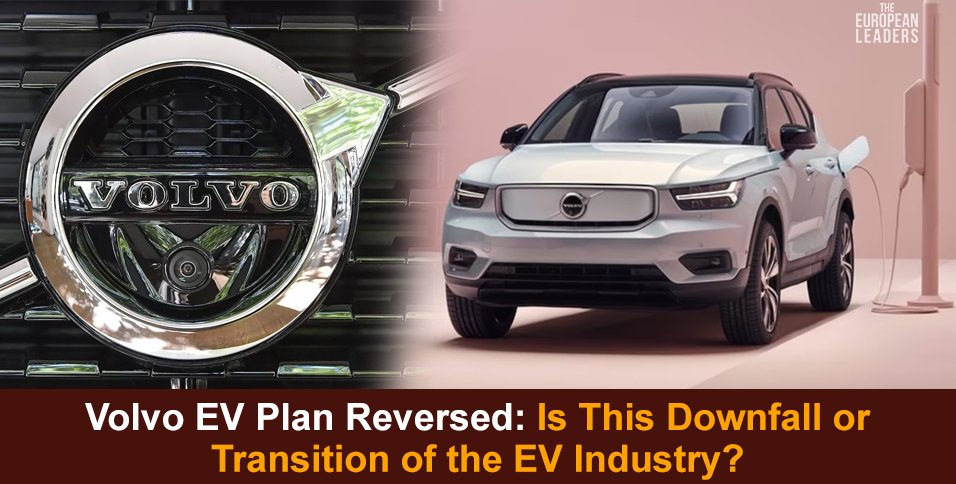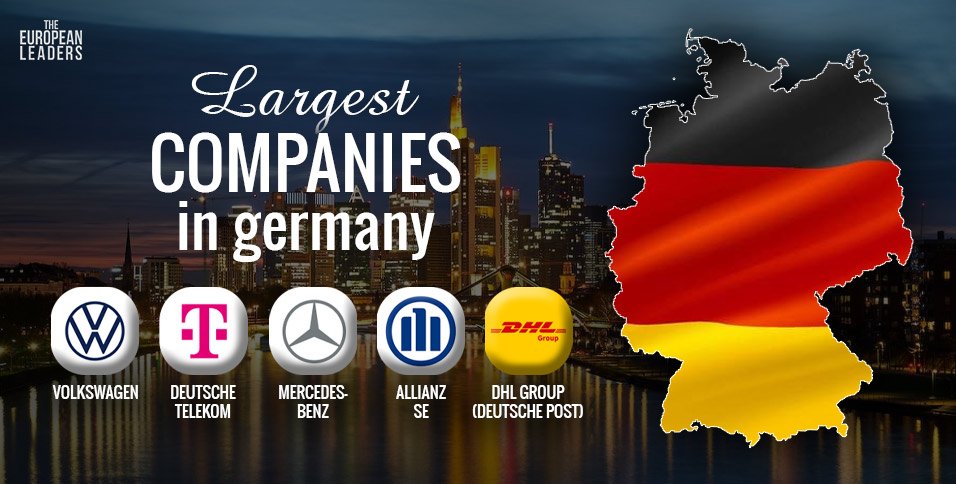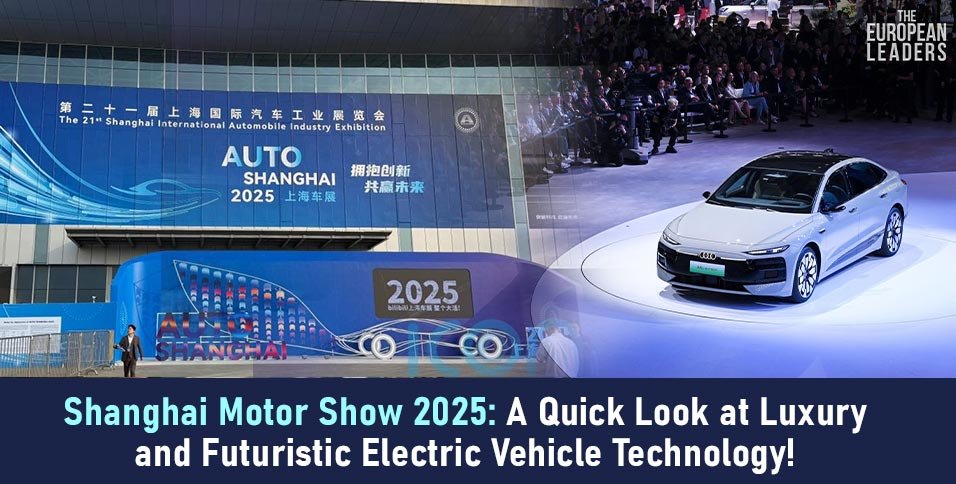The European Leaders
9 September 2024
Sweden – Volvo Cars has abandoned its ambitious goal of becoming an all-electric vehicle manufacturer by 2030, citing evolving market conditions and a slowdown in electric vehicle (EV) demand. With the Volvo EV Plan reversed, the Swedish automaker has revised its strategy to include a mix of electric, plug-in hybrid, and mild hybrid models by the end of the decade.
Why Volvo EV Plan Reversed?
Volvo’s decision comes as a response to the changing landscape of the automotive industry, where consumers are increasingly hesitant to fully embrace electric vehicles. Affordability remains a significant concern, as EVs continue to be priced higher than their hybrid or gasoline-powered counterparts. Another major factor is the limited availability of public charging infrastructure, which contributes to “range anxiety” among potential buyers.
“We are absolute in our belief that our future is electric,” said Volvo CEO Jim Rowan. “However, the transition to electrification will not be linear, and customers and markets are moving at different speeds of adoption.”
Revised Strategy and Targets
Under the new plan, Volvo aims for 90% to 100% of its sales to consist of fully electric vehicles and plug-in hybrids by 2030, leaving room for up to 10% of mild hybrid models.
This adjustment reflects the company’s pragmatic approach to navigating the complexities of the current automotive landscape. The Volvo EV Plan reversed highlights the company’s response to ongoing changes in market dynamics and its commitment to flexibility.
The decision to maintain hybrid models in its lineup is also influenced by the looming European tariffs on electric cars made in China, where Volvo manufactures a portion of its vehicles.
The U.S. has already implemented similar measures, and Europe’s move could impact the cost-effectiveness of selling EVs produced in China.
Industry-Wide Trends
Volvo’s reversal aligns with broader trends in the industry, as other major automakers, such as Mercedes-Benz Group, Volkswagen, Ford Motor, and General Motors, have also revised their electric vehicle strategies in response to market conditions.
Despite these adjustments, Volvo remains committed to its long-term goal of electrification. The company reported that fully electric cars constituted 26% of its lineup in Q2 2024, the highest among premium competitors. The combined share of electric vehicles (EVs) and plug-in hybrids in its range was reported to be 48%.
Investor Reaction and Challenges Ahead
The announcement of the revised strategy led to a nearly 7% drop in Volvo’s stock price, indicating investor caution regarding the company’s future in the EV market.
The challenges faced by Volvo are not unique to the company. The broader EV market is grappling with a slower-than-expected deployment of charging infrastructure, the removal of government incentives in some markets, and uncertainties arising from recent tariffs on EVs in various regions.
“We need stronger and more stable government policies to support the shift away from fossil fuels,” Volvo emphasized, underscoring the importance of a collaborative approach between automakers and policymakers to drive the transition to electric mobility.
Adapting to Market Realities
As the automotive industry navigates these turbulent times, the Volvo EV Plan reversed demonstrates the need for flexibility and pragmatism in the face of evolving market conditions.
Whether this decision marks a temporary setback or a necessary transition for the EV industry remains to be seen, but it is clear that the road to widespread electric vehicle adoption is not without its challenges.








